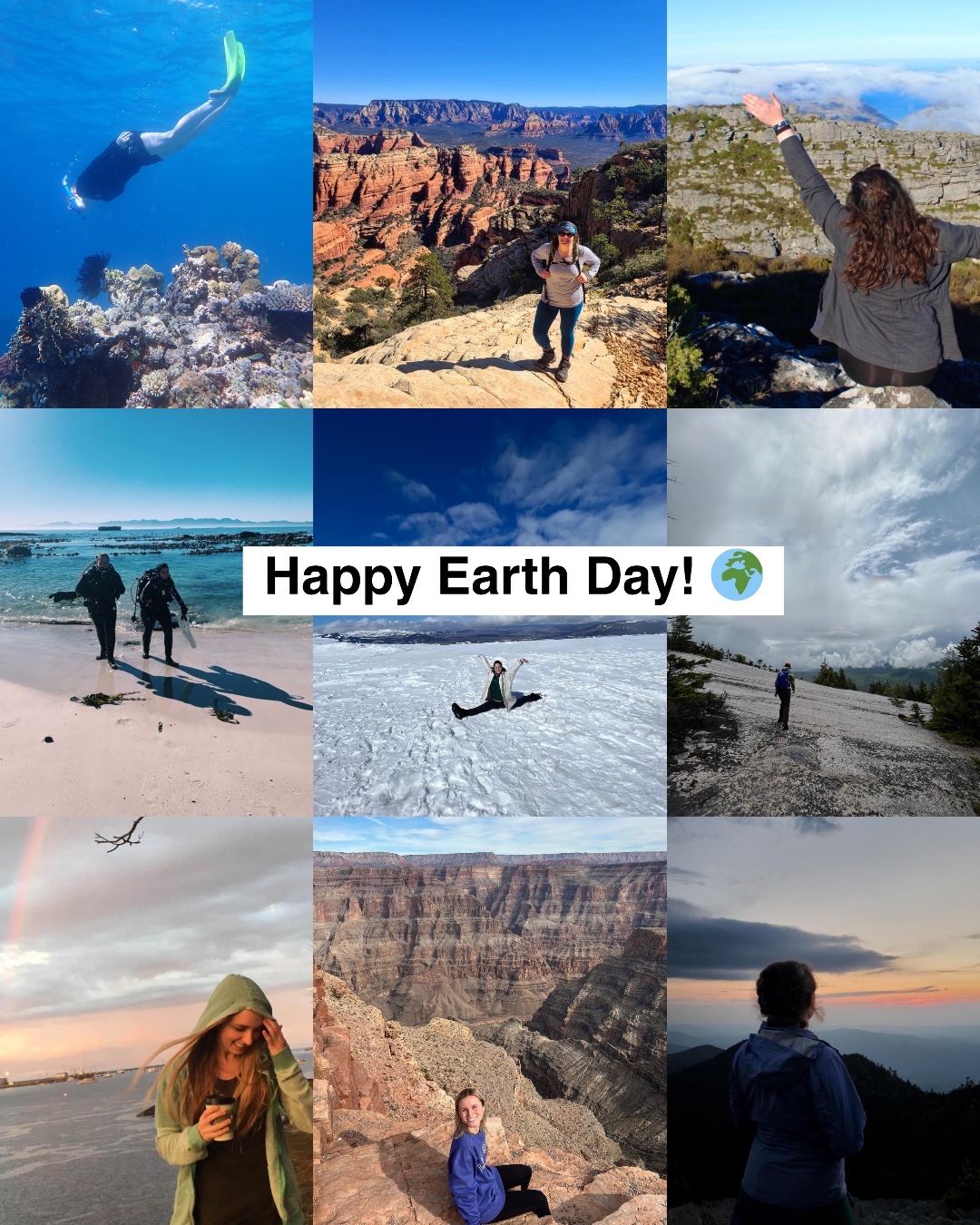- Importance of celebrating Earth Day and its role in conservation efforts.
- The role of zoological institutions in promoting biodiversity and environmental awareness.
- The significance of diverse ecosystems like mountain peaks and coral reefs.
- Contributions of the Anderson Cabot Center for Ocean Life in marine conservation.
- Personal connections to nature and how they inspire conservation actions.
Earth Day, celebrated annually on April 22nd, provides a crucial focal point for galvanizing awareness and action toward environmental preservation. Despite being celebrated only once a year, its importance resonates daily with individuals and organizations committed to protecting our planet. Founded in 1970, Earth Day has grown into a global movement that emphasizes the interconnectedness of all living things and the need to protect our ecosystems.
Zoological institutions play a significant role in embodying the spirit of Earth Day. Aquariums and zoos are more than just places to observe animals; they are centers for conservation, education, and research. By fostering biodiversity, these institutions help preserve species from extinction and educate the public on the importance of protecting wildlife habitats. For instance, breeding programs for endangered species ensure the survival of animals that might otherwise disappear from the wild.
The importance of maintaining biodiversity cannot be overstated. Each species, regardless of size or habitat, contributes to the intricate web of life on Earth. From the vast mountain peaks that house diverse flora and fauna to the vibrant coral reefs teeming with marine life, these ecosystems have inherent value and provide essential services like carbon sequestration, water purification, and climate regulation. Coral reefs, for example, are biodiversity hotspots. They support a vast array of marine organisms and protect coastlines from storm surges.
The Anderson Cabot Center for Ocean Life exemplifies leading marine conservation efforts. This center is at the forefront of research on ocean ecosystems and demonstrates a commitment to understanding and preserving marine biodiversity. Its work includes studying whale populations, exploring sustainable fishing practices, and developing strategies to mitigate human impacts on marine life. Through its initiatives, the center engages with global communities to promote sustainable interactions with the ocean.
Personal connections to nature inspire many to adopt conservation-minded behaviors. Our favorite places on Earth, whether they be lush forests, serene rivers, or expansive deserts, remind us of the transcendental beauty and importance of our world. These connections often ignite a passion for environmental stewardship and lead to actions such as participation in local conservation projects, advocacy for policy changes, or lifestyle adjustments to reduce ecological footprints.
Collectively, these insights highlight the necessity of celebrating our planet not just on Earth Day, but every day. By promoting understanding and appreciation of biodiversity, encouraging sustainable practices, and fostering a personal connection to the environment, we can all contribute to a healthier, more resilient planet. These efforts, supported by institutions like aquariums and conservation centers, provide a roadmap for preserving the richness of our world for future generations.
*****
Source Description
Happy Earth Day! 🌎❤️
We asked our Aquarium and Anderson Cabot Center for Ocean Life staff to share photos of themselves in their favorite places on Earth, and they delivered!
From mountain peaks to coral reefs, their photos are a beautiful reminder of the diversity of our planet—and why we’re so committed to protecting it.
Now tell us: what’s your favorite place on Earth?


